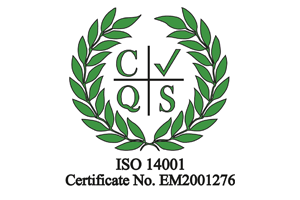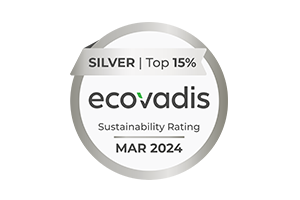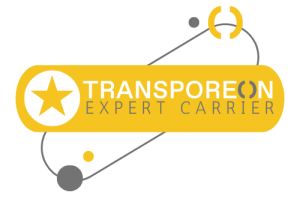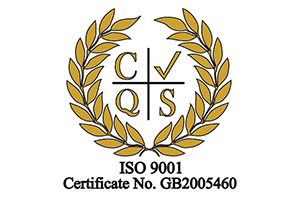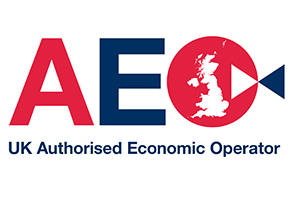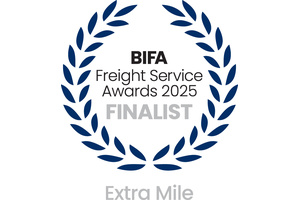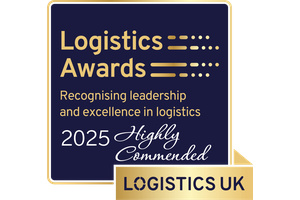The challenges and opportunities of intermodal transportation in Europe
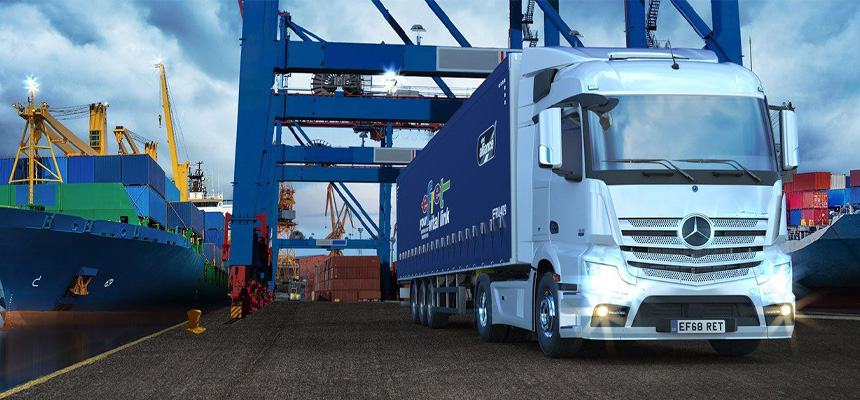
Throughout a career spanning almost fifty years in the European transportation business, I have always been a great advocate of intermodal transport. Despite its many challenges, I’m a strong believer in the important part that its continued development plays in the positive transformation of the industry.
By definition, intermodal freight transport consists of transporting goods in a single loading unit, such as a container, swap body or even an adapted road trailer, using a combination of road, rail and waterways. This approach has the potential to optimise the relative strengths of each of the modes in terms of flexibility, speed, costs, and environmental performance. From 2014, until the interruption of covid in 2020, the total EU funding, through various bodies supporting intermodal development, stood at around €1.1 billion.
This significant investment rubberstamps the EU’s financial commitment to supporting intermodal freight transport improvements and reducing regulatory burdens. However, there is still more progress to be made to provide a level playing field between intermodal and traditional road transport. The EU Commission still needs to finalise a dedicated EU strategy on intermodality as part of its broader aspirational strategies on decarbonising freight transport by modal shift.
It’s encouraging to see that the EU Commission has set very challenging targets for 2030 and 2050 for the increased use of rail and European waterways and I’m hoping that these are based on robust simulations of how much modal shift could realistically be achieved. The individual member states remain focused on their own domestic targets, but there is evidence to suggest that they are increasingly working towards aligning with the EU in the form of a unified strategy.
As a further demonstration of their commitment, the Commission has also taken steps to simplify State Aid rules for schemes aimed at encouraging a modal shift away from road involving rail, European waterways or multimodal transport. This will be a great opportunity for the participating countries to collaborate on cross border services to fully utilise this financial support.
The intermodal market in Europe has the right foundations in place to develop further, but it is true to say that it is complex and the geopolitical circumstances can be discouraging, especially as it is governed by the Combined Transport Directive which can be deemed restrictive.
However, interpreting these conditions and regulations is part of the value that Efret can provide to our customers. Despite some perceptions of barriers to intermodality development, we are one of the few operators that truly understand the market and have established relationships with the key operators across the region. We have a proven track record of designing and implementing reliable intermodal routes as a viable alternative to road.
This means working in partnership with multiple suppliers across borders to deliver a seamless solution, often bespoke to our customers’ requirements. This capability has been enhanced even further following the recent joint venture between Efret and GB Global, providing even more resources and expertise at our disposal.
For example, KLOG, another GB Global Group company, operates an established rail service to and from Portugal and Poland, via hubs in Spain and France. Having access to this strategic network represents a major solution for shippers trading between these economic powerhouses, who have previously relied on road transport for their supply chain fulfillment.
KLOG’s service is currently based on two block train departures a week to and from their Portuguese rail hub to Poznan in Poland, routing via Tarragona in Spain and Perpignan in France. They can also provide last mile delivery and/or collection from the Tarragona hub is available with e-trucks as an option.
As a live example of our capability in this field, we have recently been tasked by one of our prestigious automotive clients to find an intermodal solution for a high mileage route from Spain direct to Turkey.
Our approach is to engineer a controlled system that involves a minimum amount of road transport from the manufacturing facility, in this case in the northwest of Madrid, to the nearest rail terminal. The next phase involves moving the containers by rail freight to Tarragona and then finally by sea to Turkey. The benefits are:
- The transit time is compatible with road
- Less time is wasted at border controls due to customs formalities
- The cost is comparable with road
- Supports decarbonisation initiatives saving over 100k tones of CO2 per annum
Once this system is in operation, it opens further opportunities in terms of resource positioning to introduce additional intermodal routes from Portugal to Spain, France, Poland and eventually the UK.
To conclude, the revolution to extend the footprint of intermodal transport in Europe has well and truly started. It’s up to us, as responsible logistics providers and our forward thinking and environmentally conscious suppliers, to embrace the opportunities and not be constrained by legacy preconceptions.
Recent articles
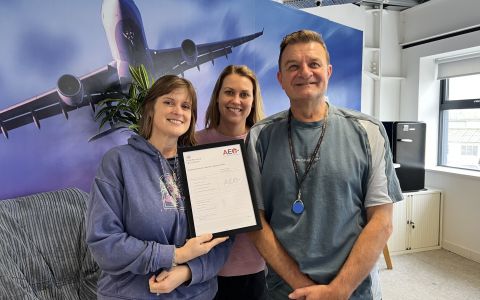
Efret proud to announce renewal of AEO accreditation
5th February 2026 1 minute read
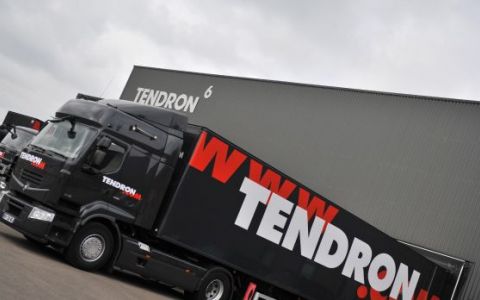
Efret welcomes Tendron as GB Global bolsters European network
28th January 2026 1 minute read
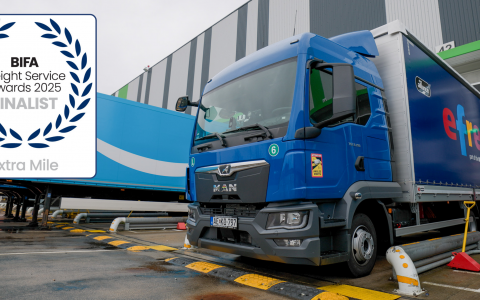
Efret Shortlisted for BIFA ‘Extra Mile’ Award 2025
29th October 2025 2 minute read
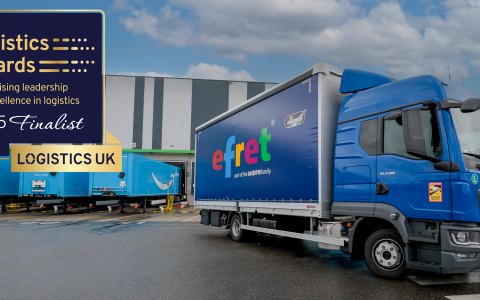
Efret Shortlisted for Van Business of the Year at Logistics UK Awards 2025
20th August 2025 2 minute read

